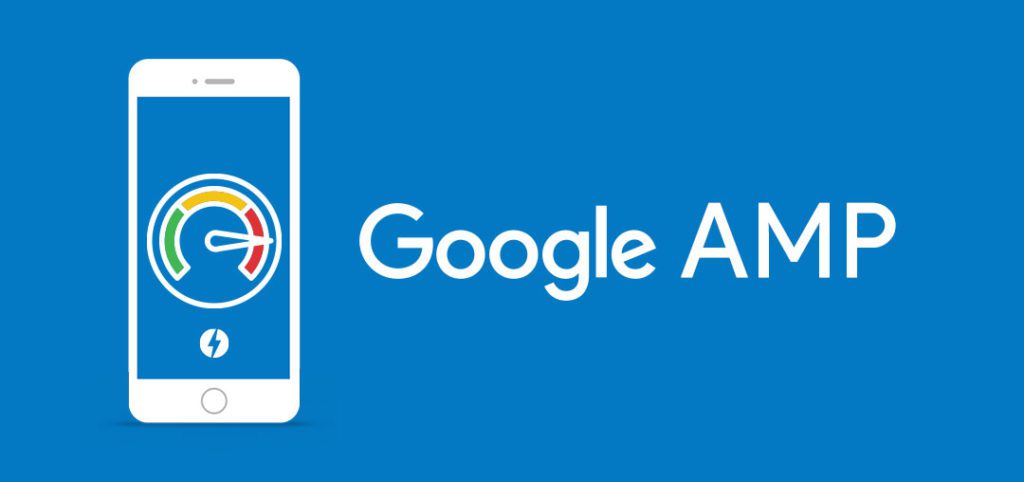Google continues to create a mobile-first future. The company’s 2015 algorithm update known as Mobilegeddon resulted in mobile-optimized websites ranking higher in search results. And recently Google announced it will extend Accelerated Mobile Pages (AMP) to all AdWords advertisers globally.
AMP is an open-sourced project that Google designed and rolled out in 2016 to make mobile web pages load faster. Recently Google analyzed landing page performance of 900,000 mobile landing pages. As page load time increases from one second to seven seconds, the probability of a mobile site visitor bouncing more than doubles. For every one second delay in page load time, conversions can fall by up to 20 percent.
With AMP, Google decided to improve engagement in a mobile world. According to Google, by May 2017, brands had published more than 2 billion pages with AMP, cutting their page times to less than 1 second. Advertisers such as Johnson & Johnson reported increased engagement to AMP pages.
What Google is doing now is supporting AMP landing pages in AdWords search campaigns globally. Consequently, all advertisers will be able to point mobile search ads to Accelerated Mobile Pages. Eventually AMPs will rank higher in search results as more businesses point to them with their ads.
The spread of AMP is significant because:
- Google is responding to consumer behavior. More people do mobile searches than desktop searches, and people using mobile devices expect content delivered faster and simpler.
- AMP demonstrates Google’s influence on advertisers. Google has the scale and reach to enact changes that influence how advertisers act. And Google is willing to do so by making a better user experience: pages that load faster.
I suggest that advertisers get familiar with the Google toolkit for using AMP for AdWords a tactical measure. As a strategic move, understand how your own customers are using mobile – not just with text searches but with voice searches. Optimize your site experience accordingly. Mobile is a behavior influencing how all brands and people interact. Google is responding to that behavior, and so should you. Contact True Interactive to ensure that your digital experience is mobile. We can help.
Image source: stateofdigital.com
